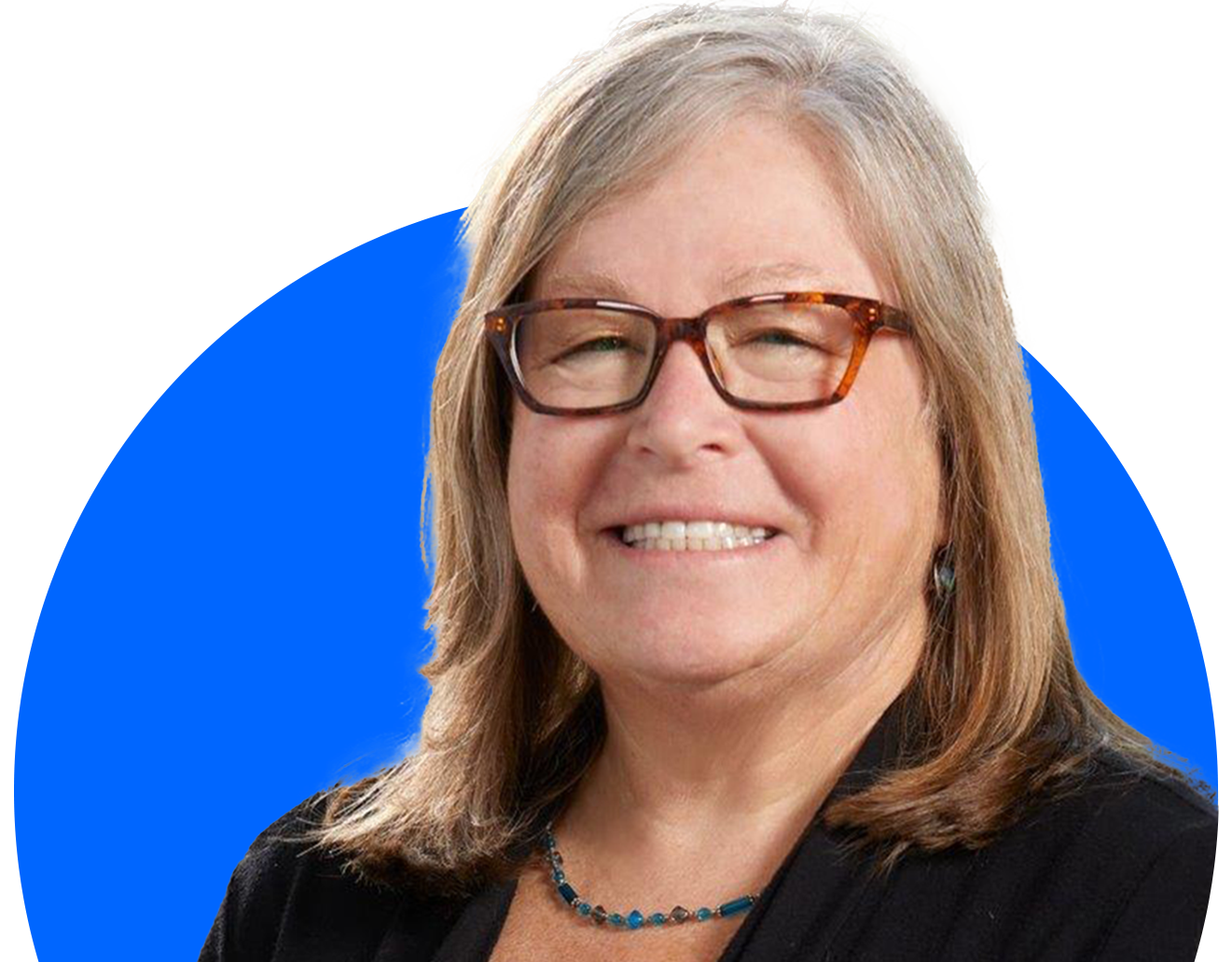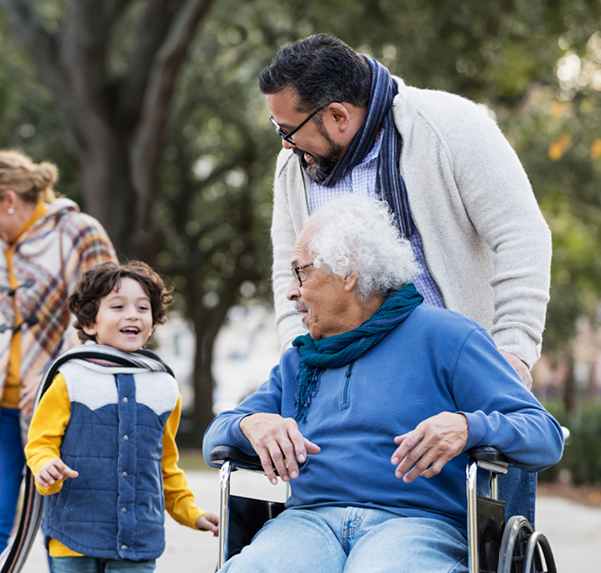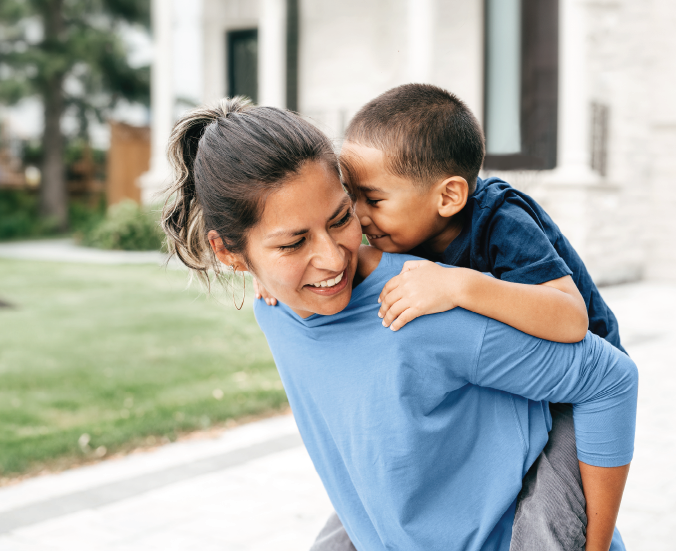The National Health Care for the Homeless Council (NHCHC) will integrate behavioral health services into medical respite programs across three states thanks to a three-year, $2.9 million grant awarded by the United Health Foundation.
The organization oversees the National Institute for Medical Respite Care (NIMRC), a special initiative focused on expanding medical respite care programs in the U.S. It’s the first national institute to advance best practices, expert services, and state-of-the-field knowledge in medical respite care.
What is medical respite care?
Medical respite care is short-term residential care that provides a safe environment to people experiencing homelessness who are too ill or frail to recover on the street or shelter, but no longer require care at the hospital.
Currently, 133 medical respite programs exist in the U.S., which include 24-hour access to a bed, three meals per day, and transportation to medical appointments and care coordination. Although medical respite care primarily addresses acute care, behavioral health conditions are extremely prevalent in the respite care patient population.
“As a result of this partnership with the United Health Foundation, NIMRC will help increase behavioral health capacity within medical respite programs. This translates into better access to high-quality, comprehensive and integrated care for patients experiencing homelessness. Our partnership will strengthen Medical Respite programs, laying a strong foundation for sustaining critical behavioral health services into the future, as well as helping these communities meet the needs of their neighbors experiencing homelessness in more equitable ways.”
Bobby Watts | Director of the National Institute for Medical Respite Care and chief executive officer, National Health Care for the Homeless Council
How it works
The partnership will allow the NIMRC to enhance behavioral health services in Florida, Minnesota and North Carolina by:
Expanding operational capacity in medical respite programs that serve rural and urban homeless populations.
Providing technical assistance and training for each of the selected programs, including the creation of a “United Health Foundation Medical Respite Cohort” peer learning community.
Assessing and evaluating how greater integration of medical and behavioral health services leads to improved access, better patient outcomes and greater care continuity for homeless patients.
Sharing best practices on integrated medical respite care for reducing health disparities and improving outcomes among homeless individuals.
State grantees and contributions
The grant will help integrate behavioral health services into four medical respite programs:
By the numbers

“We believe health care happens locally — and improving the health of any community means partnering with and supporting the local organizations that know their communities best. Every person deserves the opportunity to live their healthiest life and we are proud to work with organizations like NHCHC to help break down barriers wherever they exist — whether those are social, economic, environmental or otherwise.”
Dr. Debra Katz | Senior national medical director at Optum Behavioral Health Solutions

Continuing commitment
UnitedHealth Group is helping to achieve better behavioral health outcomes by investing over $30 million in more than 20 states and Washington, D.C. These strategic philanthropic grants and community partnerships are designed to improve access to behavioral health services, including substance use treatment, and to grow and diversify the behavioral health workforce pipeline.


Share This Story